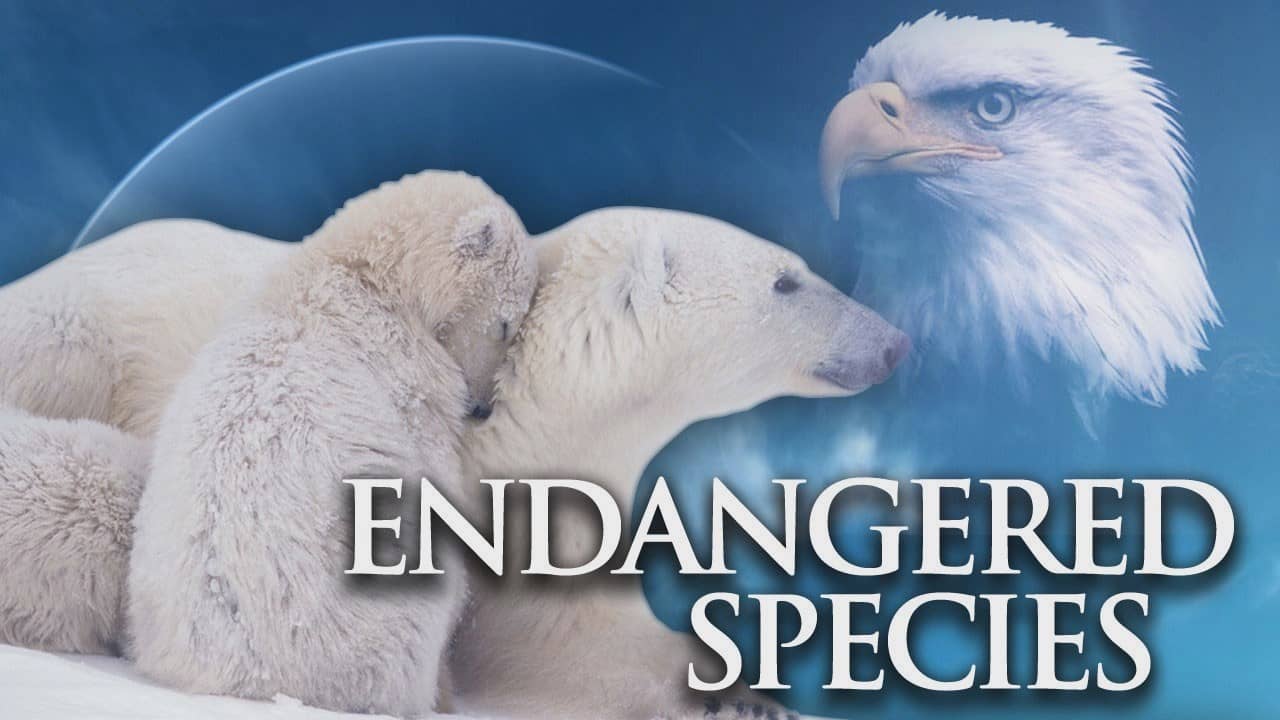According to the endangered species act, around 7,000 species across the globe are known to be endangered. That number doesn’t even include the plants, animals, and other life-forms that are listed by some scientists as vulnerable, critically endangered, or extinct in the wild—all rankings that mean a species is inching closer and closer to ill-fated extinction. So how exactly does a species become endangered, and who makes the call?
Causes of Endangered species
Commonly, an endangered species are some specific types of organisms threatened by some extinction. In case of very little populations of organisms or organisms with a limited division are very sensitive to the factors causing endangerment. Those specific organisms are threatened by means of 2 main reasons. They are as follows,
- Habitat
- loss of genetic variation
Loss of Habitat
In this environment, a loss of habitat may occur naturally, or by means of human activities. For example, Dinosaurs have lost their habitat about 60million years ago. The dry and hot climate of the Cretaceous period altered very rapidly, probably due to an asteroid striking the Earth.
Effect of asteroids
The effect of the asteroid and it forced the debris into the earth and reduced the amount of heat and light that reached Earth’s surface. The dinosaur species were unable to adjust to the new cooler environment. Finally, the Dinosaurs species were endangered and then died out.
Human activity
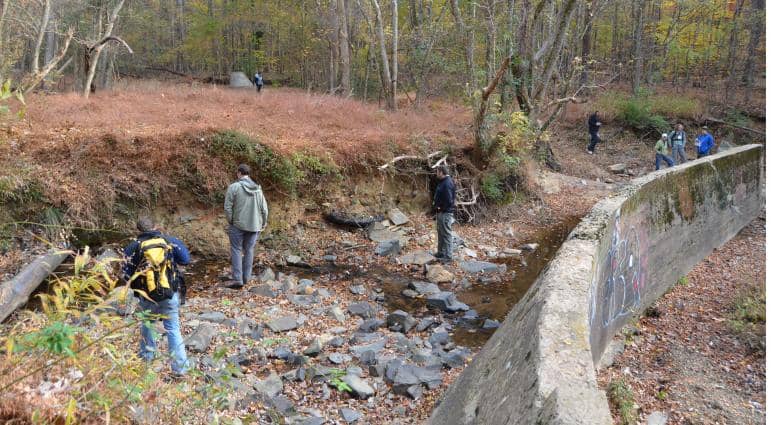
Human activity is also an important reason for the loss of habitat and human being contributes a lot of activities for the loss of habitat. Human being involves as much in the Development for housing, industrial developments, and agriculture needs to diminish the habitat of living native organisms.
Rain forests
Human needs and development of their requirements can reduce the living organism’s habitat and native species directly. For instance, in the Amazon rain forest of South America, the developers have cleared nearly about hundreds of thousands of acres.
Loss of Genetic variation
Genetic variation is the variety found within a species. This is the reason why human beings have their blond, red, brown, or black hair. And this variation among the genetic species permits the species to adapt to the alterations in the environment.
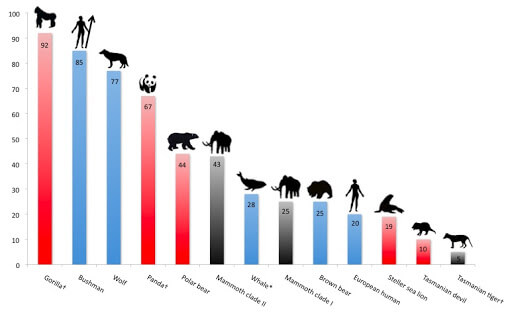
Loss of genetic variation can happen naturally. For example, Cheetahs are an endangered species inhabitant of Africa and the Asian continent. These are otherwise known as big cats and they slightly vary genetically. During the period of last ice age, biologists state that the cheetahs went through a long phase of inbreeding.
Genetic differences in cheetahs
Finally, as a result, there are extremely few genetic differences were found between cheetahs. They cannot become accustomed to the changes in the surroundings.
A smaller number of cheetahs survive to maturity. Cheetahs are much more complicated for breeding in captivity than other big cats, likely lions. Human beings and their activity will also direct to a loss of genetic variation by activities such as overhunting and overfishing.
These kinds of activities have diminished the populations of many animals. A breeding pair is made up of 2 matured members of the species that are not directly connected and can create healthy offspring.
What is “Red list”?
The International Union for Conservation of Nature (IUCN) maintains a “Red List of Endangered Species.” The Red List has seven stages of protection: least concern, near threatened, vulnerable, endangered, critically endangered, extinct in the wild, and extinct. Each category denotes a different threat level. The IUCN Red List is actually a critical pointer of the health of the world's biodiversity. It is a most influential tool to take some action for biodiversity conservation.
Top endangered species list
Gorillas
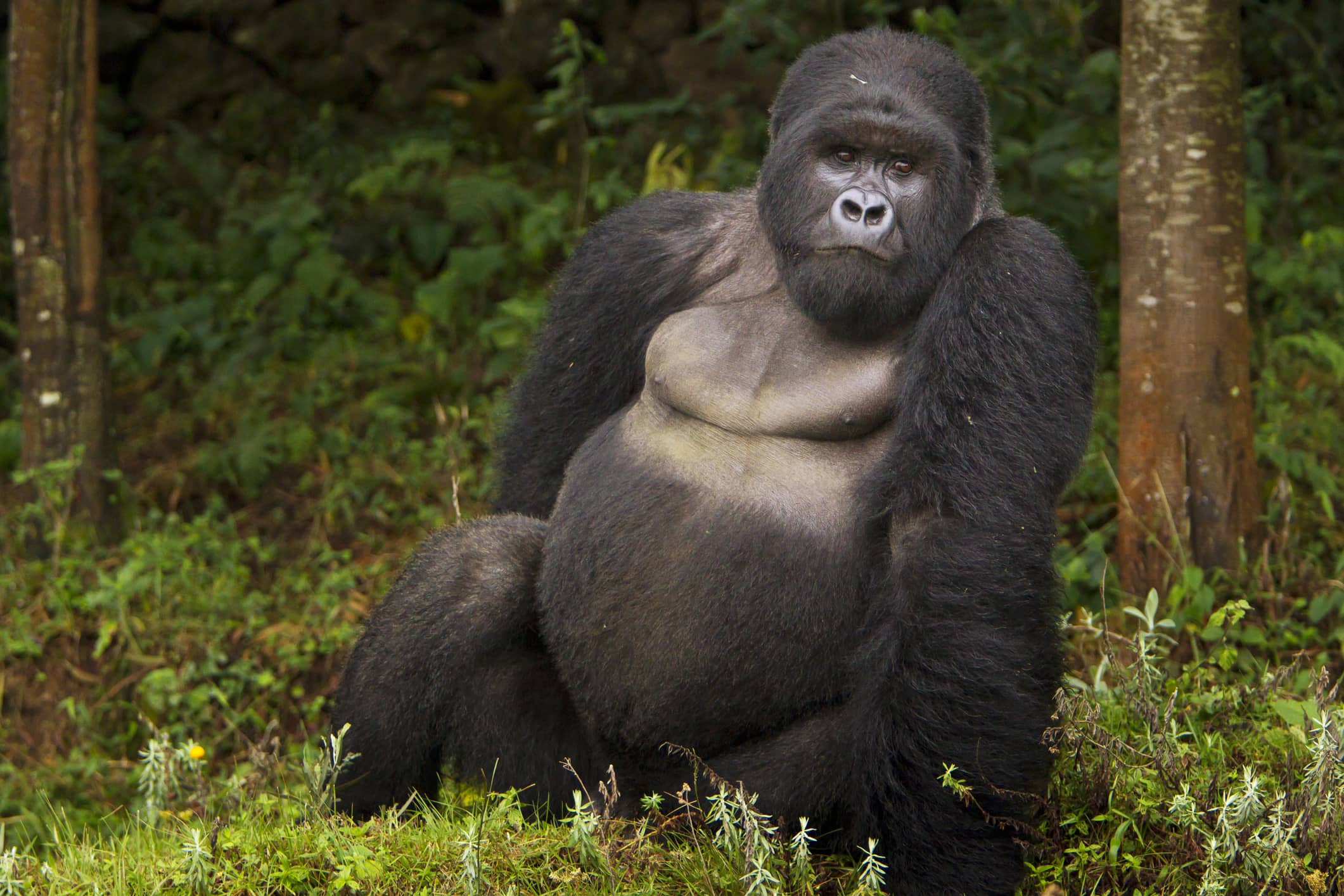
Gorillas are known to be a charming and fascinating creature that contributes 98.3% of their DNA with humans! They are able to feel emotions like human beings do and even behave like humans sometimes. And most importantly they even laugh. \
Rhinos
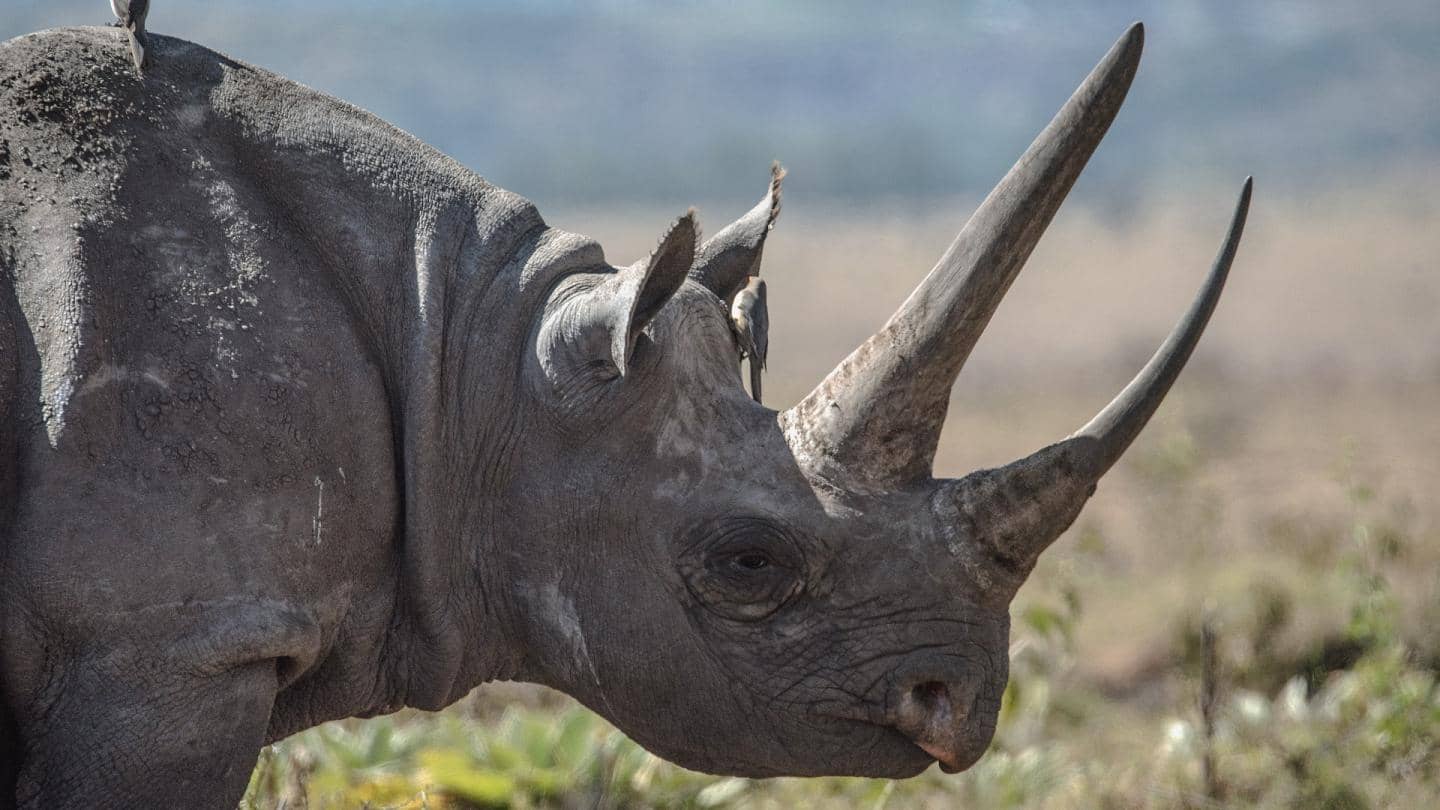
They involved in conventional Chinese medicine and displayed as a status symbol and demonstration of wealth. They are extremely valued that the particular type of Rhino named Javan rhino horn and that can sell for up to $30,000 per kg on the market.
Sea turtles
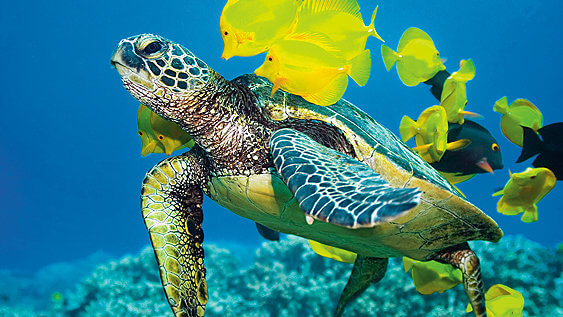
Next, in the list sea turtles occupies a role. Critically, there are two species of sea turtles and they are listed under the red list by IUCN. These are under risk because of the loss of their habitat, by catch, pollution and also by means of climate change.
Saola
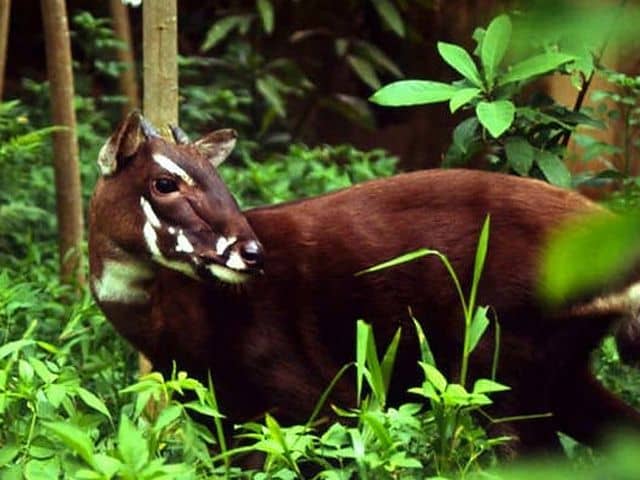
The Saola is known as the rarest mammals on Earth. It was initially found in the year of 1992 in Vietnam. The population numbers of Saola is very hard to conclude with any accuracy, but it is known to be critically endangered.
Steps to be taken for saving endangered species
Now, there are many necessary steps are being taken by the government as well as some private organizations. But here, the involvement of human beings is needed personally. Here, we have listed some of the steps to be taken for saving endangered species.
- Should learn about the environment and endangered species.
- Make wildlife friendly
- plan a native garden
For any other enquiries concerning about your application process or admission process we are here to aid you with the same and please contact 91 8681018401.


